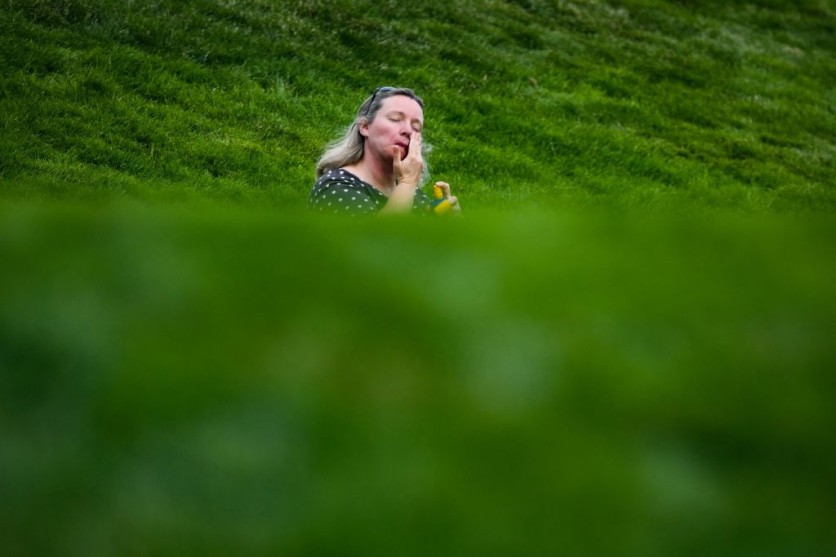The surge in sunscreen use is rising, but the rates of melanoma and skin cancer are also increasing, creating what experts term the "sunscreen paradox."
Dr. Ivan Litvinov, an Associate Professor in the Department of Medicine at McGill University, introduced this phenomenon, emphasizing that people often view sunscreen as a shield against skin cancer, inadvertently using it as a license to tan, MedicalXpress reported.
Sunscreen Usage Gives False Sense of Security
Litvinov highlighted a critical issue - most individuals fail to apply an adequate amount of sunscreen and often remain exposed to the sun for extended periods after using it in the morning. That leads to a misguided sense of security.
To comprehend the factors contributing to varying melanoma incidence rates across the Atlantic provinces of Canada, researchers conducted 23 focus groups, with Litvinov and Dr. Sandra Peláez among the team.

Their study found that residents of Nova Scotia and Prince Edward Island in Canada have high melanoma incidence rates and demonstrated a higher propensity for sun protection measures.
They displayed heightened awareness of the risks associated with sun exposure and were more likely to monitor the UV index. But paradoxically, they also experienced more sun exposure due to warmer climates and a penchant for outdoor activities.
In a parallel study published in Cancer Epidemiology, Biomarkers & Prevention, conducted by Dr. Richie Jeremian, Dr. Pingxing Xie, and Litvinov, an unexpected correlation emerged - sunscreen use was linked to a more than twofold risk of developing skin cancer.
Litvinov noted that "these combined findings suggest a sunscreen paradox, whereby individuals with higher levels of sun exposure also tend to use more but not an adequate quantity of sunscreen or other sun-protection measures, providing a false sense of security."
The team argued that addressing this paradox is imperative in interventions aimed at bridging knowledge and practice gaps in sun protection and skin cancer prevention.
Consider Other Alternatives to Sunscreen
Litvinov underscored the importance of sunscreen while emphasizing that it remains the least effective method compared to alternatives like sun-protective clothing, rash guards, and sun avoidance.
Enjoying the outdoors is encouraged, but safeguarding the skin against sunburns and tans is equally crucial. The study delved into the global surge in cutaneous melanoma (CM) incidence, identifying sun exposure as a pivotal modifiable risk factor.
The Atlantic provinces of Canada present a nuanced scenario, with New Brunswick aligning with national averages, Nova Scotia and Prince Edward Island surpassing them, and Newfoundland and Labrador falling below.
The research emphasized the need for tailored public health initiatives in Atlantic Canada, addressing the sunscreen paradox and integrating community-specific behaviors and norms into campaigns. The sunscreen paradox study was further detailed in the journal Cancers.
Related Article : World's Smallest Skin Cancer Now a Guinness World Record! Almost Invisible to the Naked Eye

ⓒ 2025 TECHTIMES.com All rights reserved. Do not reproduce without permission.




